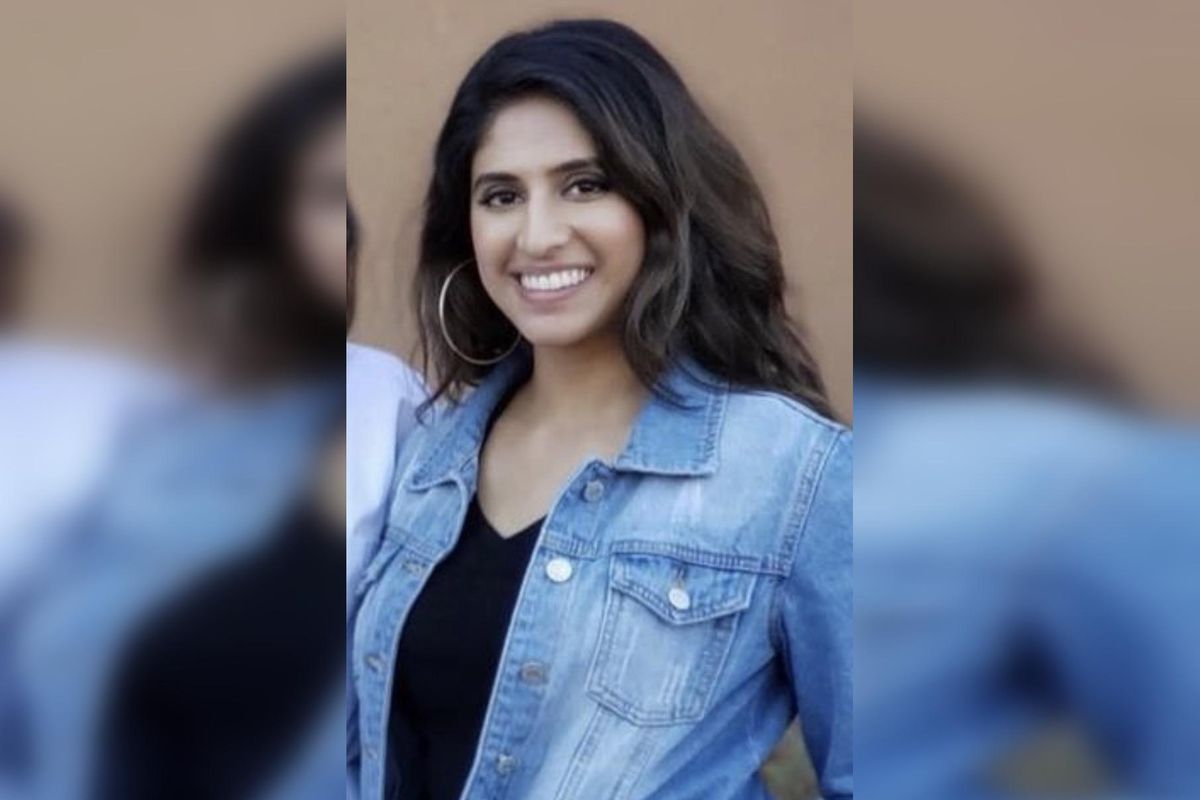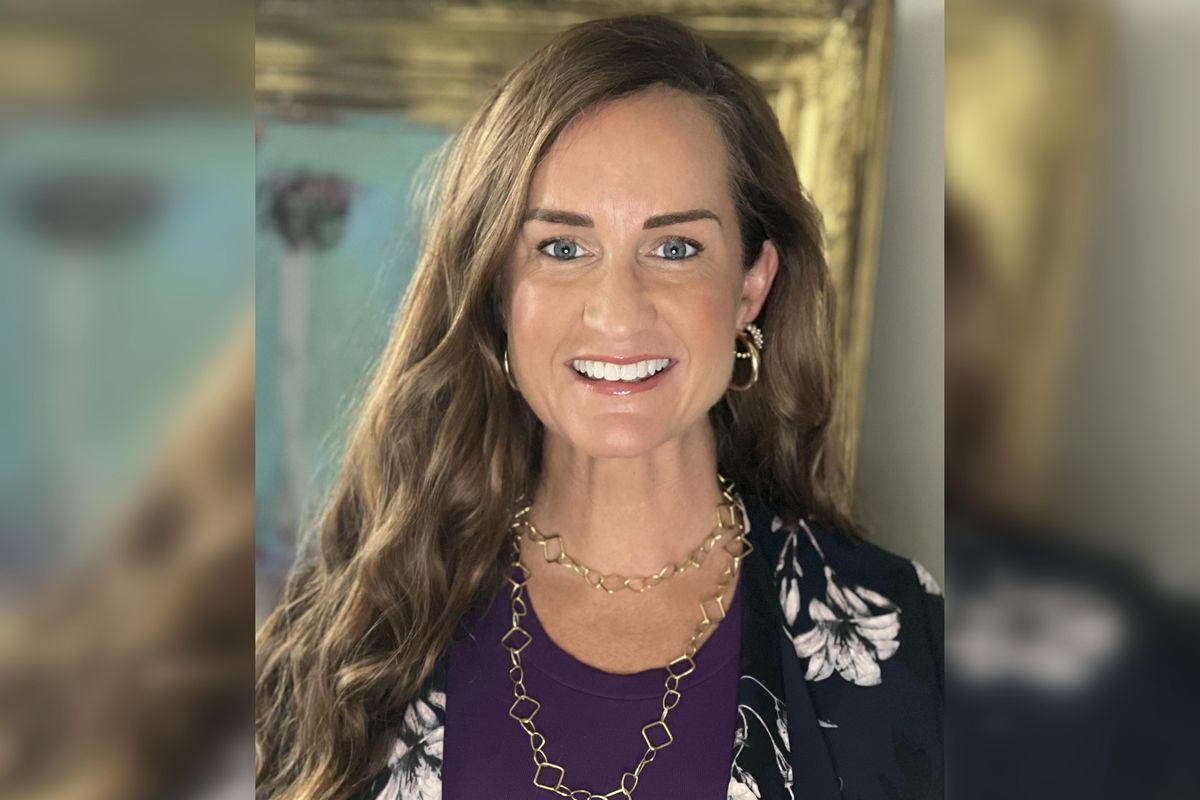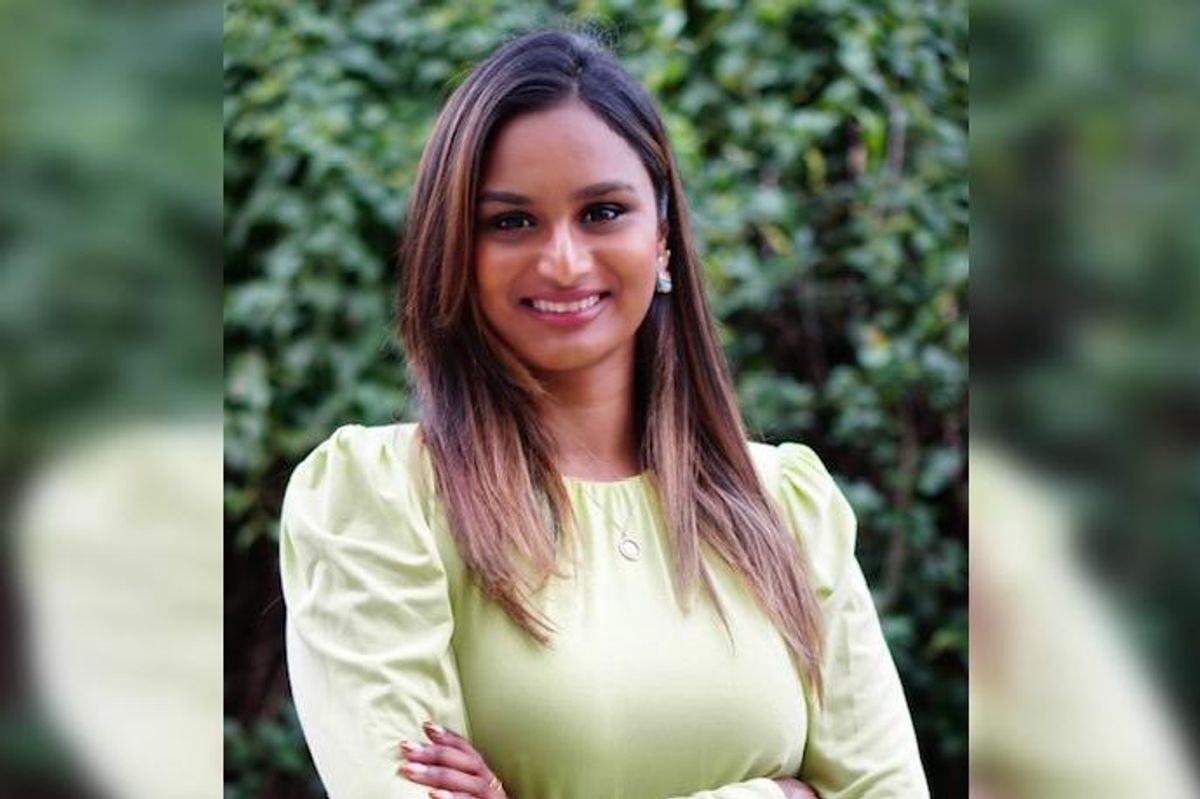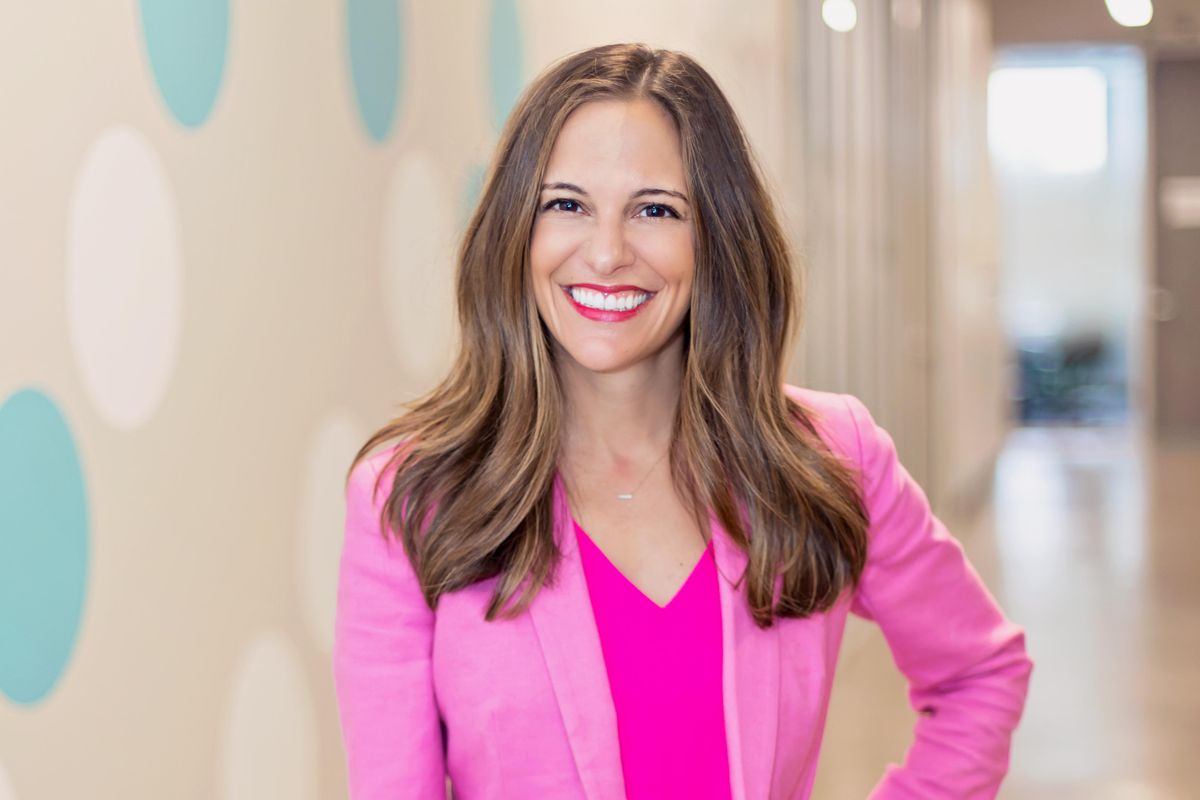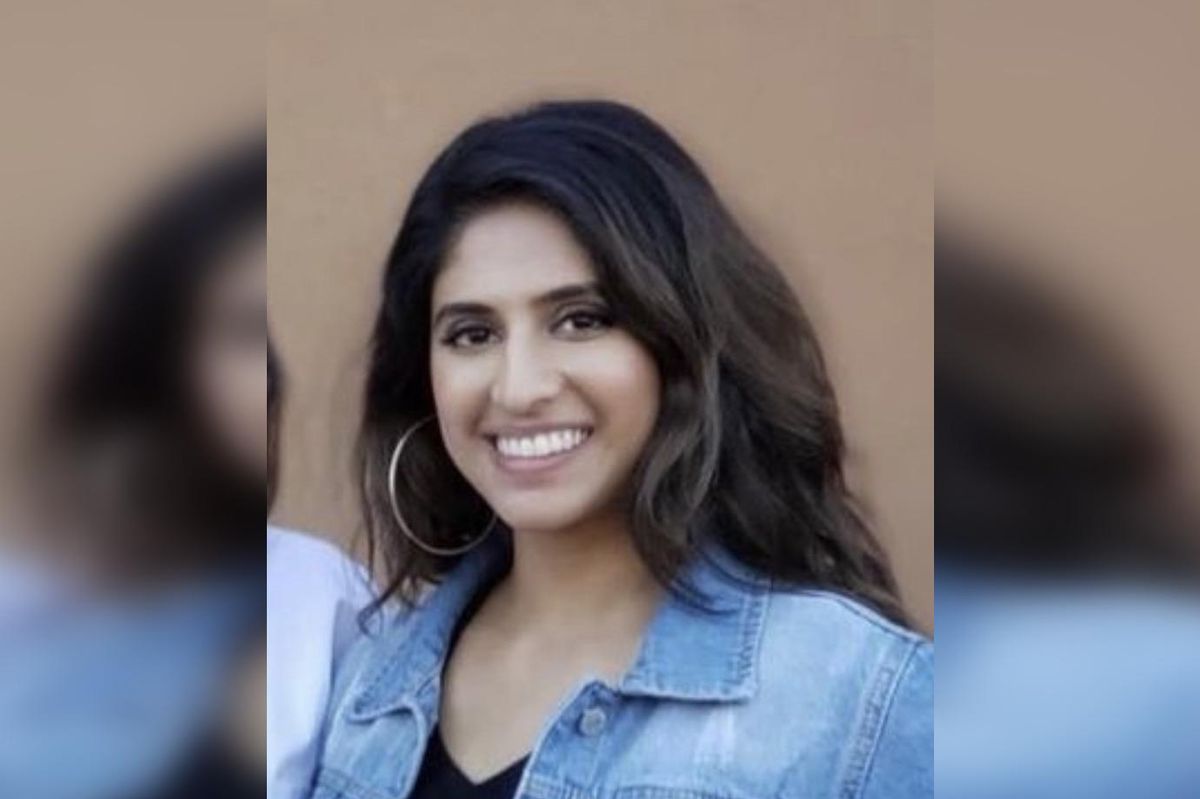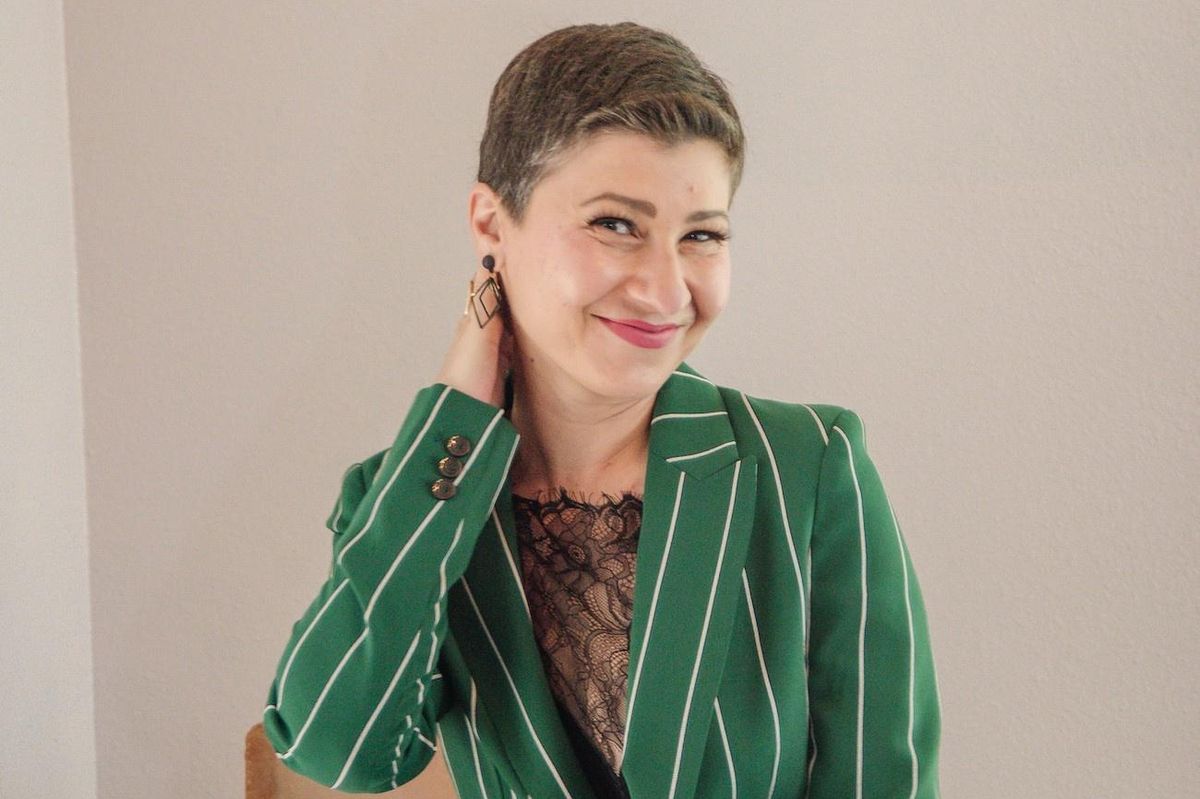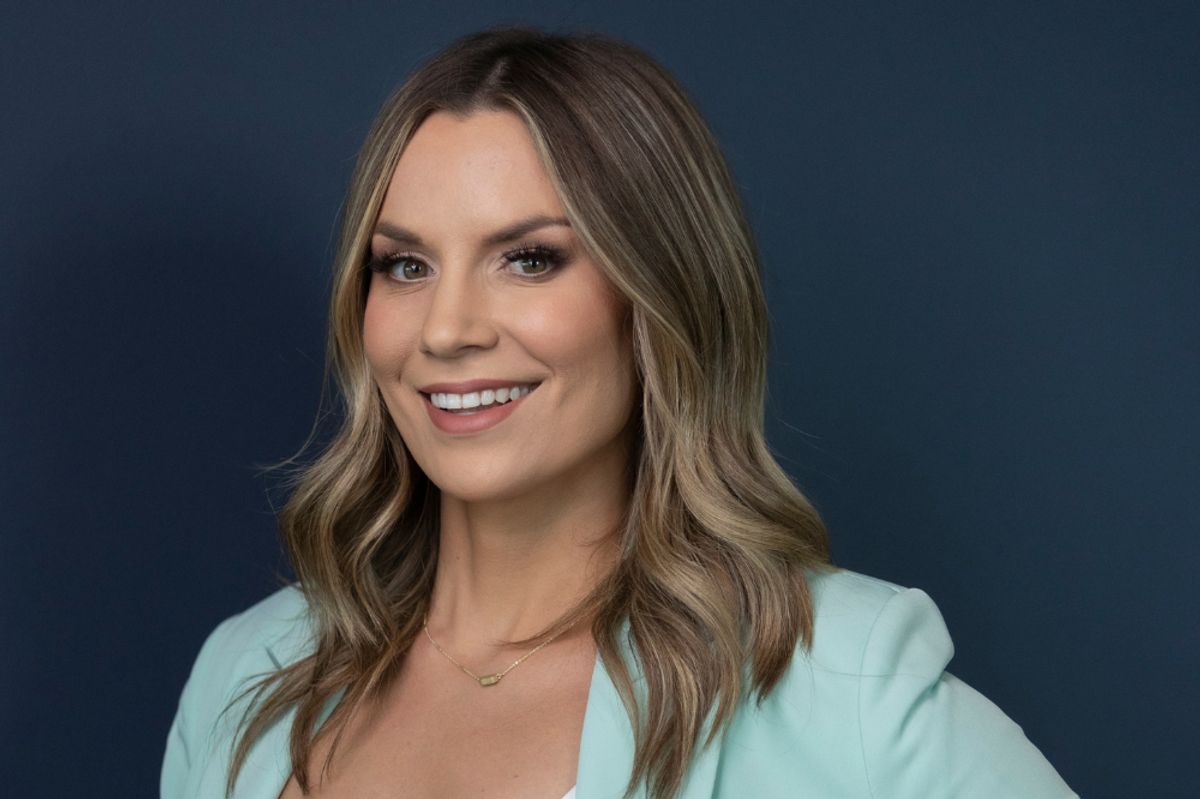Houston health tech accelerator names annual cohort ahead of its pitch competition
female founders
Last month, a Houston organization dedicated to supporting female founders in health care kicked off its 2023 accelerator with cohort participants from across the country.
Ignite Healthcare Network, based in Houston, is a nonprofit founded on the mission of supporting women in health care. Ignite established its 12-week accelerator program to help advance and connect female health tech founders with mentors and potential clients as their startups scale.
"We have 19 founders doing great work, and we have them matched with three to four advisors helping to mentor them," Ayse McCracken, founder and board chair of Ignite tells InnovationMap. "We also have a virtual learning program, which is new this year, and we have two sessions of those a week."
The programming is curated to tackle the health tech industry's biggest topics and provide advice for a small group of engaged startups, McCracken explains. In its fifth year now, the program has a large group of partners that are involved.
"We've had 91 companies come through our program in the last fours years," McCracken says. "They've raised over $550 million."
The cohort concludes on November 9 with the Fire Pitch Competition at the Ion, where a handful of finalists — selected by Ignite's team of mentors — will present to win the top award.
This year's cohort includes:
- Somer Baburek, CEO and co-founder of Hera Biotech
- Sue Carr, president and founder of CarrTech Corp
- Suchismita Acharya, CEO, chief strategy officer, and co-founder of AyuVis
- Asma Mirza, CEO and founder of Steradian Technologies
- J’Vanay Santos, CEO and founder of MyLÚA Health
- Maureen Brown, CEO and co-founder of Mosie Baby
- Elizabeth Friedman, president and founder of Safen Medical Products
- Meghan Doyle, CEO and co-founder of Partum Health
- Marina Tarasova, COO and co-founder of Paloma Health
- Melissa Bowley, CEO and founder of Flourish Care
- Molly Hegarty, CEO and founder of Junum
- Patty Lee, CEO and co-founder of Orbit Health
- Piyush Modak, Vice President of R&D and co-founder of EndoMedix
- Debbie Chen, CEO and founder of Hydrostasis
- Rachael Grimaldi, CEO and co-founder of CardMedic
- Rachna Dhamija, CEO of Ejenta
- Carolyn Treviño Jenkins, CEO and co-founder of We Are Here
- Lyn Markey, CEO and co-founder of XTremedy
- Camille O’Malley, CTO and co-founder of XTremedy
- Houston nonprofit wins coworking space in Shark Tank-inspired pitch competition ›
- Houston nonprofit launches accelerator program to give women-led startup a leg up within health care ›
- Houston health tech startup wins female-focused pitch competition ›
- Ignite Healthcare launches nonprofit foundation - InnovationMap ›
- Houston female-focused health tech accelerator names top companies at annual event - InnovationMap ›






